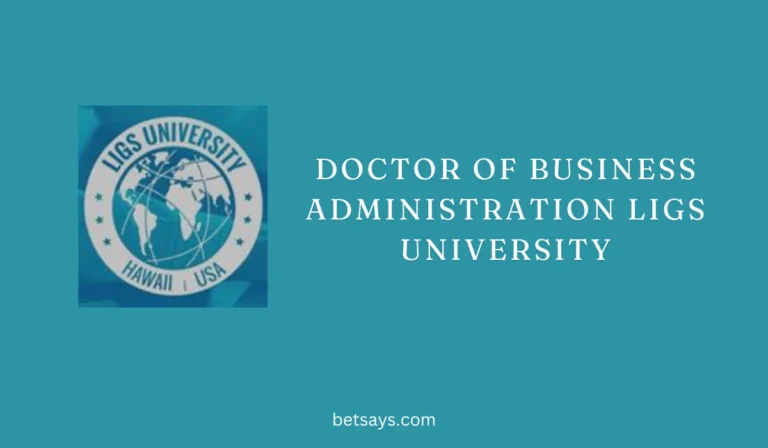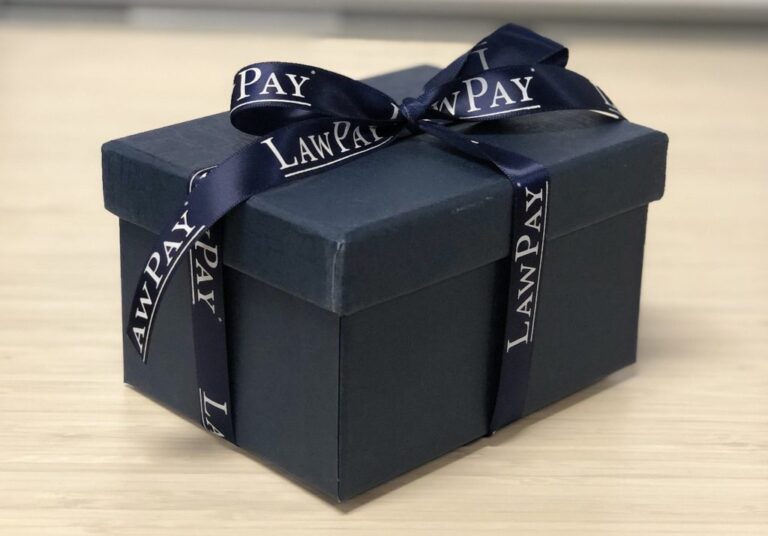The Power of Self-Education: How It Is Transforming Higher Education
There is a revolution occurring in education; however, it does not stem from ivy-covered universities or vast lecture halls. Instead, it unfolds in coffee shops, on park benches and late at night in tranquil bedrooms. The revolution? Self-education.
For many years, higher education has represented the ultimate pathway to success. But what if it is not the sole option? What if self-directed learning could redefine our perceptions of degrees, universities and even education as a concept?
Let us examine how self-education is subtly reshaping the landscape of higher education—because it matters to everyone, from students to professors.
The Rise of Self-Education
There exists a profound sense of empowerment inherent in self-education. It revolves around taking control of what you learn, how you learn and when you learn. Unlike traditional higher education, which often adheres to a rigid structure, self-education allows individuals to pursue their curiosity. This form of learning is flexible, accessible and deeply personal.
Consider this: why should you wait for a professor to present a new concept when you can readily engage with a tutorial, peruse an article, or immerse yourself in a book? Online platforms such as Coursera and Khan Academy are making it increasingly simple to obtain high-quality educational resources, frequently at no cost. They do not solely focus on coding or business, however; you can delve into topics like philosophy, art history, or even astrophysics at your own pace.
Yet, the allure of self-education transcends mere convenience. It embodies passion. When you select what you wish to learn, an excitement emerges that propels your progress. It constitutes learning not because you must, but because you desire to.
How Self-Education Complements Higher Education
Self-education need not supplant higher education; rather, the two can harmoniously coexist, enriching one another.
Envision a biology student employing AI-generated images to depict intricate molecular structures in three dimensions (3D). Rather than depending exclusively on the material presented in lectures, they immerse themselves in online tutorials or simulations to enhance their comprehension. Alternatively, contemplate a history major who augments classroom instruction with podcasts, documentaries and primary source archives that are accessible online.
Self-education effectively fills the voids that traditional education occasionally overlooks. It is akin to infusing vibrancy into a mere outline. The university may furnish the foundational framework; however, self-education breathes life into that structure.
Real-Life Examples: The Self-Education Effect
Consider Sarah, for instance. She is a graphic design student who perceived her university’s curriculum as excessively concentrated on theoretical aspects. Although she was determined to acquire practical skills, she sought out online courses and AI-generated design tools. Because of this, by the time she graduated, her portfolio was teeming with real-world projects—and she secured a prestigious position in a highly competitive job market.
Consider David (a mechanical engineering major) for instance. While his classmates adhered to the syllabus, he diligently searched YouTube for educational resources on advanced robotics. His additional effort paid off, however, when he constructed a prototype drone for his senior project—something his professors had not even covered. These narratives are not merely inspiring; they serve as evidence that self-education can significantly enhance higher education, transforming students into independent and resourceful thinkers. Although the traditional curriculum is valuable, this alternative path offers profound benefits.
READ MORE : Innovative Pool and Spa Recreation
The Role of Technology in Self-Education
Technology has undeniably transformed the educational landscape. With tools such as AI-generated images, virtual simulations and interactive learning platforms, students can engage with concepts in ways that were (quite frankly) unimaginable just a decade ago. For example, medical students can now practice surgeries in a virtual reality setting, while aspiring artists can hone advanced techniques through tutorials powered by AI.
However, the impact of these innovations extends beyond individual learners; universities are also beginning to adopt these tools. Blended learning models—those that integrate traditional classes with self-paced online modules—are gaining popularity. This method not only enhances the flexibility of education, but it also motivates students to take greater ownership of their learning experiences.
Why Self-Education Matters for the Future
The world is undergoing rapid transformations. Jobs that were nonexistent just five years ago are now in high demand. Traditional education alone cannot keep pace with this evolution. Self-education, however, provides a means to remain ahead.
By mastering the art of learning—whether it involves acquiring new skills, experimenting with innovative tools such as AI-generated images, or delving into unfamiliar subjects—you are effectively future-proofing yourself. This is a lesson that no degree can impart.
But the significance of self-education extends beyond professional aspirations. It cultivates a sense of autonomy and instills confidence. It equips individuals to think critically, solve complex problems and adapt to changing circumstances. These skills transcend the confines of the classroom and they are precisely what the world demands now more than ever.







